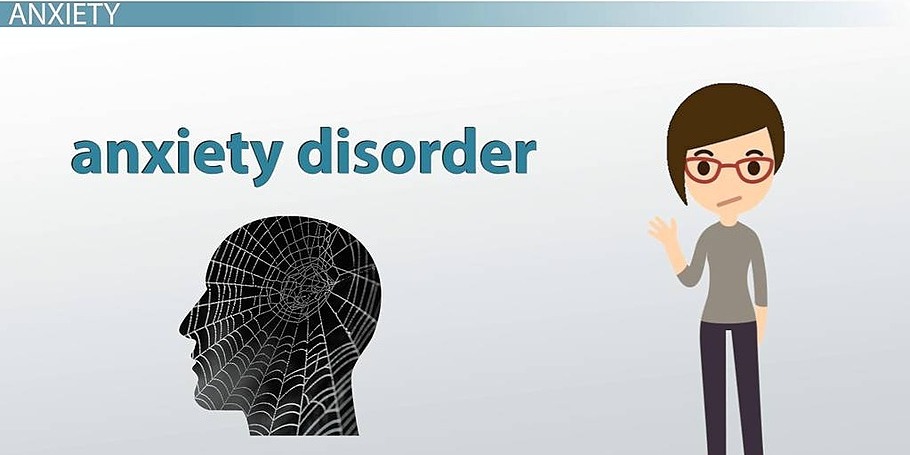Some people can experience anxiety that is constant and affects their day-to-day lives. Anxiety is the main symptom of a number of disorders.
Generalized Anxiety Disorder (GAD)
GAD is a long-term anxiety disorder which involves constantly worrying about all kinds of life events and everyday situations, hence the name “generalized”. People with GAD can feel overwhelmed by fears about things that are unlikely to happen and can feel tense and nervous all day long.
Social Anxiety (Social Phobia)
People with social anxiety experience fear about social situations and can worry constantly about what other people think about them. Social anxiety is very common and can have a big impact on a person’s day-to-day life.
Health Anxiety
People with health anxiety worry constantly about their health. This worry becomes overwhelming and can cause great distress. Some people with this disorder have a medical condition which they worry about. Others worry about certain symptoms which they fear are a sign of ill health.
Panic Disorder
People with panic disorder experience sudden and very intense responses to fear, known as panic attacks. Panic symptoms can build up quite suddenly in situations that cause someone to experience overwhelming feelings of terror. This can happen even though there may not be an immediate danger.
Post-traumatic Stress Disorder (PTSD)
PTSD is a disorder which can affect some people who have experienced or witnessed a traumatic and frightening event. People with PTSD may re-live the experience through flashbacks or dreams, have difficulty sleeping and experience panic or distress. PTSD can develop immediately after the event or weeks, months or even years later.
Phobias
A phobia is a fear of a specific thing. This can be a situation, place, object, feeling, place, or animal. Common phobias include a fear of birds or spiders, heights, travelling in lifts, visiting the dentist or having an injection. People with a phobia have an overwhelming fear about this situation or object which can cause them intense distress or feelings of panic. This can lead them to avoid the thing causing them this fear making their anxiety even greater.
Obsessive Compulsive Disorder (OCD)
OCD is a disorder where people perform repetitive actions (compulsions) to relieve the anxiety caused by certain negative thoughts, worries or doubts which repeatedly appear (obsessions). Compulsions can be things like washing hands, checking a door is locked or cleaning the house. A person with OCD may repeatedly perform these activities in order to stop certain things they fear from happening. If you are concerned about how anxiety is affecting your daily life and activities, you should consider talking to a doctor.













